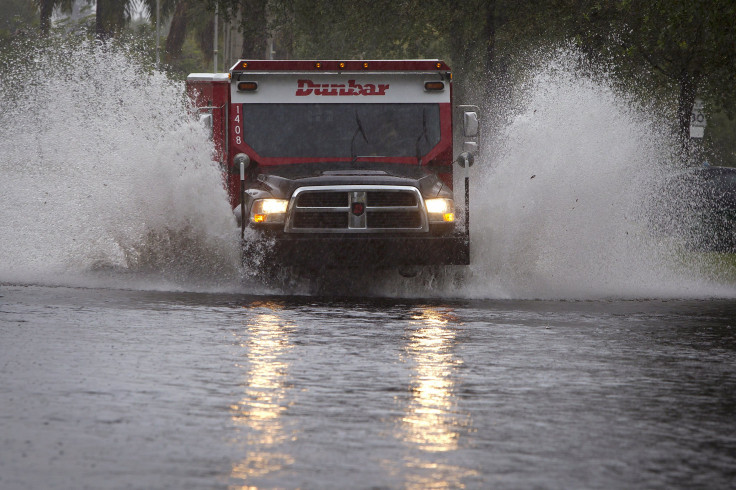Florida Environment Officials Barred From Using Terms 'Climate Change', 'Global Warming': Report

Officials at the Department of Environmental Protection (DEP) in Florida, the coastal U.S. state that is the most vulnerable to effects of anthropogenic climate change, were barred from using the words “climate change” and “global warming” in official communications and emails, according to a report by the Florida Center for Investigative Reporting (FCIR). The “unwritten” policy has allegedly been in place since 2011, when Rick Scott, a Republican, took office as the governor of the state.
“We were told not to use the terms ‘climate change,’ ‘global warming’ or ‘sustainability,’” Christopher Byrd, a former attorney with DEP’s Office of General Counsel in Tallahassee from 2008 to 2013, told FCIR. “That message was communicated to me and my colleagues by our superiors in the Office of General Counsel.”
Kristina Trotta, another former DEP employee in Miami, reportedly said that the employees were told that the message had come directly from the governor’s office.
“We were instructed by our regional administrator that we were no longer allowed to use the terms ‘global warming’ or ‘climate change’ or even ‘sea-level rise’ … sea-level rise was to be referred to as ‘nuisance flooding,’” Trotta told FCIR.
According to the 2014 National Climate Assessment report, regions in the Caribbean and southeast U.S., including Florida, are “highly vulnerable” to flooding due to a rise in sea levels.
“There is an imminent threat of increased inland flooding during heavy rain events in low-lying coastal areas such as southeast Florida, where just inches of sea level rise will impair the capacity of stormwater drainage systems to empty into the ocean,” the report said. “Agricultural areas around Miami-Dade County and southern Louisiana with shallow groundwater tables are at risk of increased inundation and future loss of cropland with a projected loss of 37,500 acres in Florida with a 27-inch sea level rise.”
However, Rick Scott, who was reelected last November, has so far declined to say whether he believes in man-made climate change. In May last year, when he was asked to clarify his position on anthropogenic climate change, Scott reportedly replied that he is “not a scientist.”
Another former DEP employee, whose name was not revealed, said: “We were dealing with the effects and economic impact of climate change, and yet we can’t reference it.”
© Copyright IBTimes 2025. All rights reserved.





















